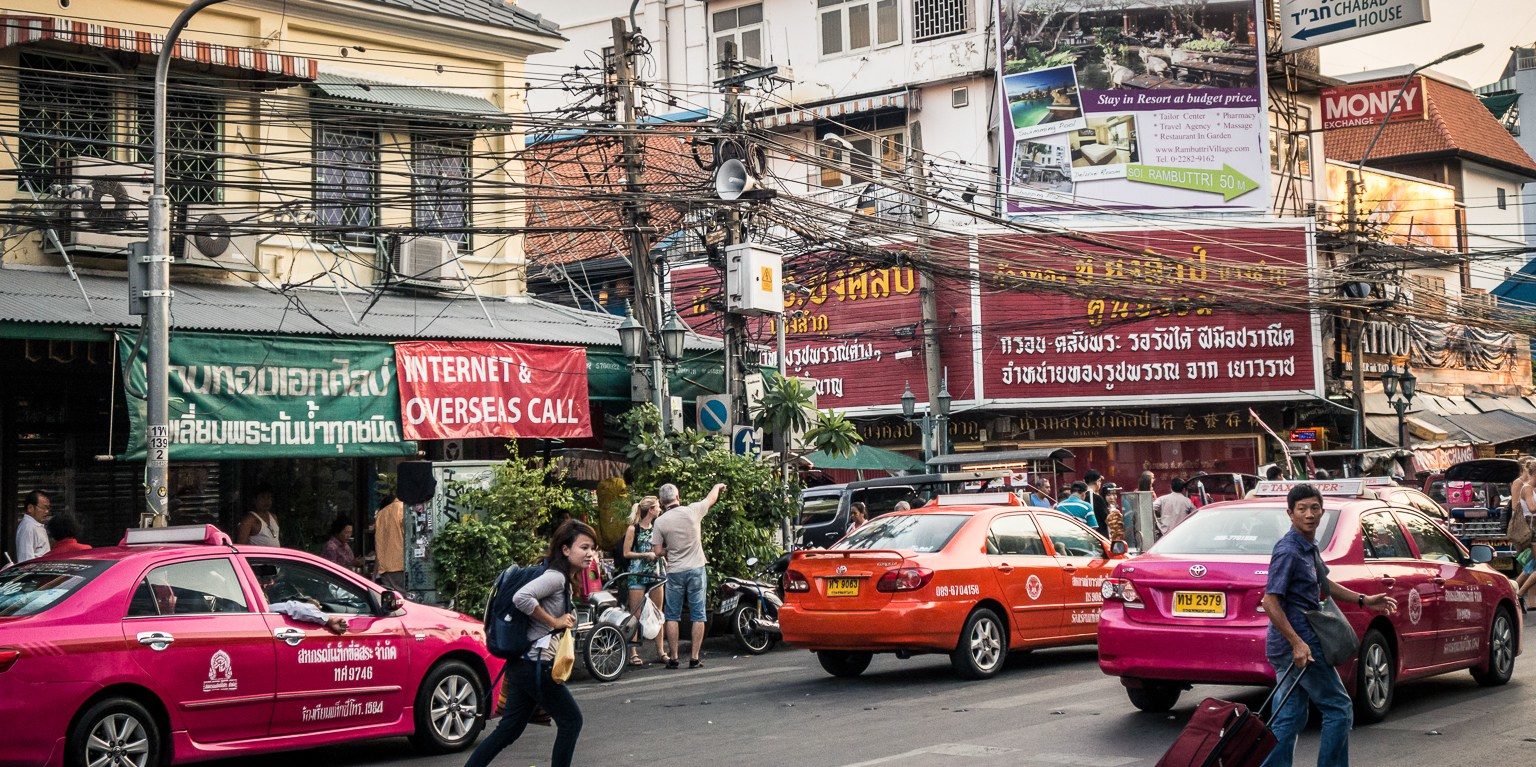In 2014 Americans spent almost $13 billion on surgical and minimally-invasive cosmetic procedures, and with some procedures at the hands of foreign doctors costing pennies on the U.S. dollar, medical tourism is booming. According to Patients Beyond Borders, the average range of savings for the most-traveled destinations can be of as much as 90%, with countries such as India, Malaysia, and Thailand showing the highest growth in the industry.
Still, having work done abroad is not without risks: before booking your flight and accommodations, it’s important that you do your homework. What you will find out just might clinch the deal or influence your decision to forego surgery so far away from home.

CREDENTIALS
According to board-certified and fellowship-trained plastic surgeon Dr. Robert J. Brueck MD, FACS of Fort Myers, FL, many foreign doctors receive their training in the United States before heading back to their home country. If you’re going to a country where you don’t speak the language, find out if you’ll be able to communicate in English with your doctor and other medical professionals responsible for your comfort and care. Research the surgeon’s accreditations and check licensing procedures, which vary from one place to another. Ask the surgeon if he’s board-certified, and if so by which board. Also find out if he belongs to societies such as the American Society of Plastic Surgeons or the International Society of Aesthetic Plastic Surgery, two groups that allow international members to join and maintain uncompromising training and certification requirements.
LEGAL RIGHTS
Know your rights before booking your appointment, and find out what legal recourse you would have if something went wrong. In the United States you might have a case of medical malpractice if the hospital, doctor or other health care professional caused injury through negligence or omission, but laws vary from one country to another. In India for instance, the judicial system is notoriously slow, with very few negligence cases making it to the courts.
It’s also important to know exactly what would happen in the event of any complications. Find out which hospital your surgeon is affiliated with (if any), and who would foot the bill for additional care if needed. If you develop any kind of infection, complication or need revision surgery at a later date, you might have to return to the surgeon who did the work, or be prepared to pay for it in the United States.
PRE- AND POST-OP PLANNING
Your doctor will provide pre- and post-op recommendations: know what they’ll be before booking your procedure and plan accordingly. For example, certain factors like flying soon after surgery can increase your risk of developing a blood clot. Aspirin – a blood thinner – can decrease the risk of a blood clot, but also increases your risk of bleeding after surgery. According to Dr. Brueck, “the longer the procedure, the greater the risk of suffering from deep vein thrombosis, especially if a patient has a history of phlebitis, is overweight, or on birth control pills. If the patient is having a tummy tuck with tightening of the muscles, the risks increase as well.” Your doctor should know your history and will have specific recommendations to help offset those risks. “Things like support stockings and getting up, stretching and walking up and down the aisle if you’re on a long flight could help prevent blood clots.”
With any surgical or medical procedure, it’s extremely important to perform due diligence. If you’re planning a cosmetic treatment abroad, do so with eyes wide open and be aware of the potential issues before booking your procedure. The more you prepare by arming yourself with information, the better off you’ll be.
Cover photo: In Thailand, cosmetic surgery prices are typically a third of what they cost in the United States. Photo Credit – Chantale Lecours









